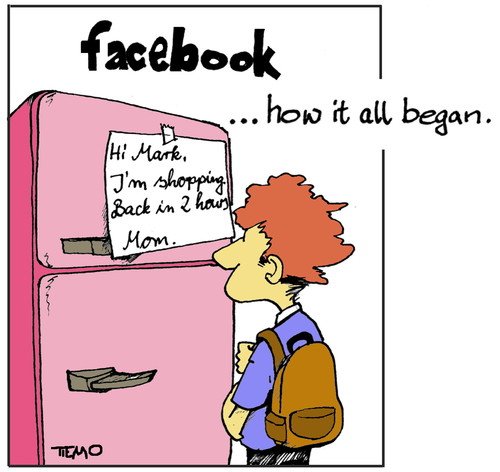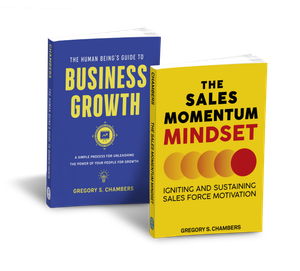Lessons Learned by Breaking up with Facebook
Lessons Learned by Breaking up with Facebook

I'm a big fan of Daniel Pink, the author that introduced me to A Whole New Mind: Why Right Brainers Will Rule the World. When his quotes show up in my Alerts feed, I check in. He walked through an analysis of the steps it takes to de-activate your Facebook account for Fast Company. Check it out:
4 Persuasion Tricks Facebook Uses to Keep You from Quitting
(and a shout out to a great headline: a number, "tricks" and "you")
In that article, we're treated to the steps Facebook takes to keep us from walking away:
Making it Complicated
Giving us an option that's not Permanent
Making it Personal
and Figuring out the Real Problem
Great stuff. I've been spending a lot of time breaking down decision processes and it reminds me of the "2 Parts Emotion, 1 Part Logic" sales equation that I was taught as a wee lad. The premise is that we don't act on Logic, we act on Emotion but if we can't back up our decision with a little logic, we feel duped.
So what does that have to do with Facebook's anti-breakup process? Well, we can learn a lot from considering why these approaches work. Why we make the decisions that we do and how we can help others make good decisions.
Facebook makes it easy to get in, a pain to get out. Contrast that with your own "on boarding" process. (there's no right or wrong here - just make sure that you know why your process is the way it is)
Facebook makes it easy to come back. What's the process for a past customer that is thinking about returning to the fold?
Facebook reminds us of all the initial benefits we signed up for. How is your customer service process at reminding customers about why they picked you to begin with?
Facebook gets specific with feedback. Who spends time with the data in your prospect/customer/past customer database?
A lot of questions. I understand that asking and answering can be painful but "the unexamined business isn't worth doing" or something like that, right?
Good stuff.
About the Author: Greg Chambers is Chambers Pivot Industries. Get more business development ideas from Greg on Twitter.




